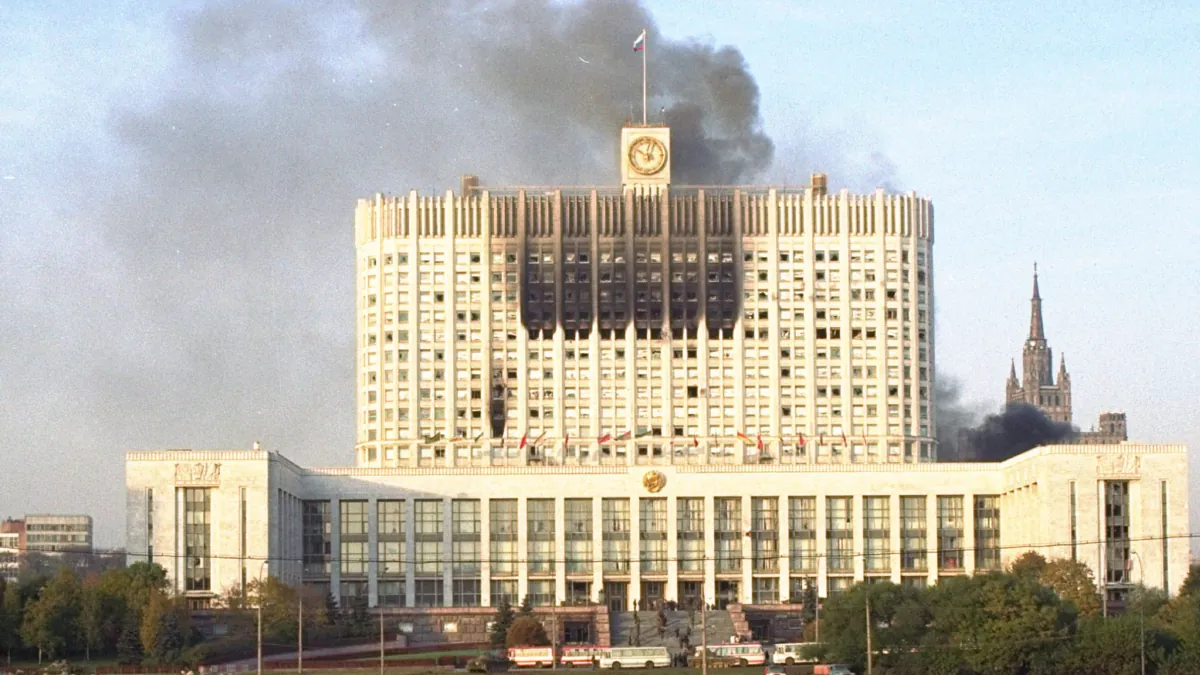In a significant legislative move, the Russian State Duma, the lower house of parliament, has given preliminary approval to a bill that would prohibit citizens from countries where gender transitioning is legal from adopting Russian children. This development, occurring on 2024-09-25, marks another step in Russia's ongoing efforts to promote what officials term "traditional values."
The proposed legislation, which still requires two more readings in the Duma before potentially moving to the upper house and then to President Vladimir Putin, is part of a broader trend in Russian policymaking. In recent years, Russia has implemented a series of laws and rulings that restrict the rights of sexual minorities and promote conservative social norms.
Vyacheslav Volodin, the Duma speaker, stated that the bill aims to "protect childhood and traditional values." He emphasized the perceived need to safeguard Russian children from what lawmakers consider potential risks associated with adoption by citizens of countries where gender reassignment is permitted.
This legislative initiative reflects Russia's complex demographic and social landscape. As the world's largest country by land area, Russia faces unique challenges in governance and policymaking across its vast territory, which spans 11 time zones and encompasses diverse cultures and ethnicities.
The Russian government's focus on "traditional values" coincides with efforts to address the country's demographic issues. Russia has experienced population decline since the 1990s, with birth rates hitting historic lows in recent years. In response, Putin has advocated for larger families, even suggesting that women should have up to eight children.
The proposed adoption law is not an isolated measure. It follows a 2023 ruling by Russia's Supreme Court that classified the LGBTQ movement as extremist. Additionally, in 2022, Putin signed legislation prohibiting the distribution of LGBTQ information to people of all ages, expanding on a 2013 ban that applied only to minors.
"The issue is not that Russia's moral compass and moral foundations aim to protect traditional values, and understanding of marriage as the union of man and woman, but it's the direct protection of a child's life."
This statement reflects the official narrative framing these policies as protective measures rather than restrictions on personal freedoms.
The Russian Orthodox Church, which plays a significant role in shaping societal norms, has been supportive of such conservative policies. This influence is notable in a country where the Constitution guarantees freedom of religion, highlighting the complex interplay between secular governance and religious values in modern Russia.
As Russia continues to navigate its path between tradition and modernity, these legislative actions have far-reaching implications. They not only affect domestic policies but also influence Russia's international relations, particularly with Western countries that have more liberal stances on gender and LGBTQ issues.
The ongoing legislative developments in Russia underscore the country's unique position on the global stage. As a nation with vast natural resources, including the world's largest forest reserves and significant oil and gas exports, Russia's domestic policies have the potential to impact its economic and diplomatic relationships worldwide.
As the bill progresses through the legislative process, it remains to be seen how it will shape Russia's social landscape and its standing in the international community. The outcome will likely have lasting effects on adoption practices, human rights discussions, and the broader dialogue on cultural values in an increasingly interconnected world.
